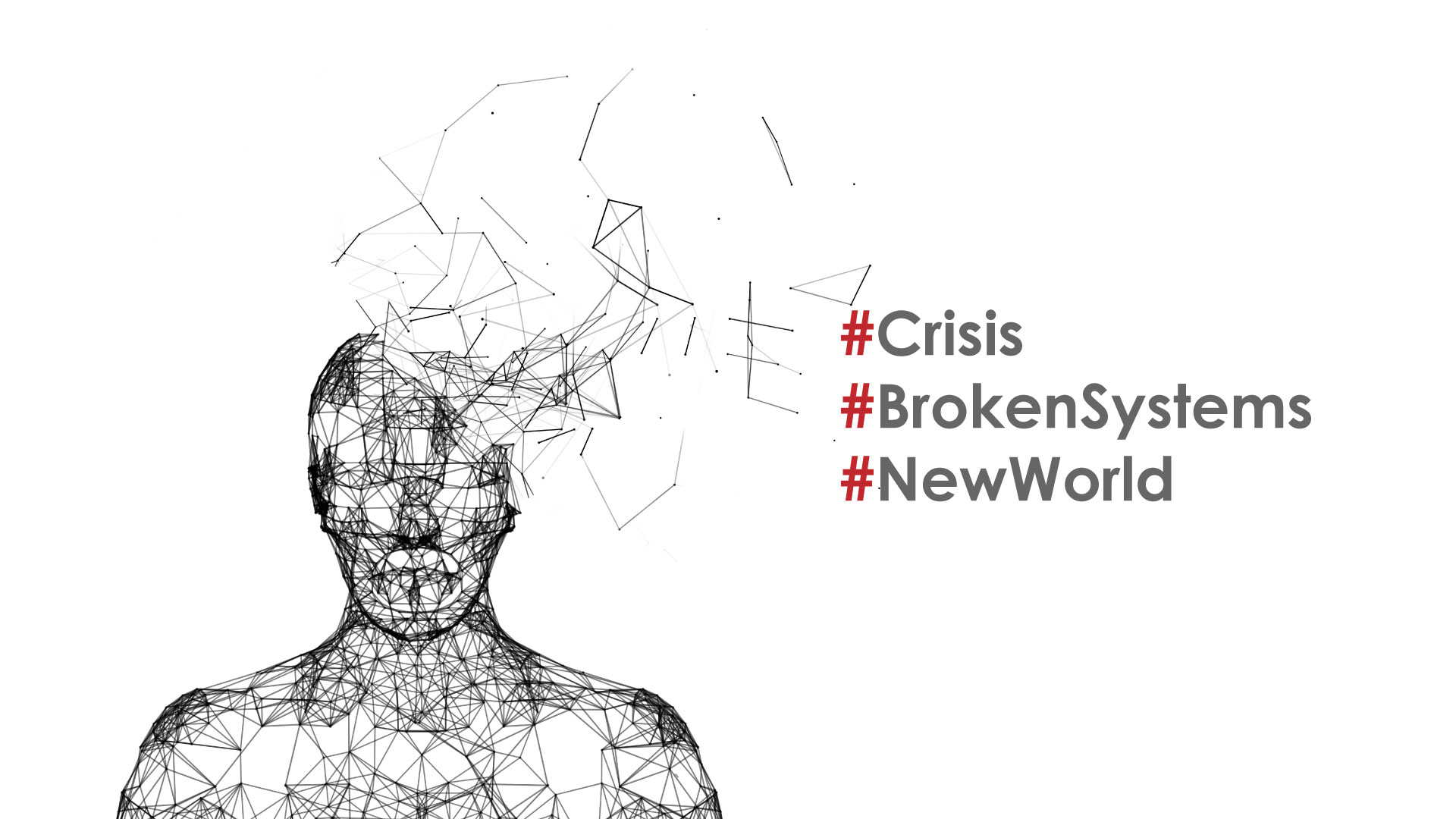Ever since the novel coronavirus – COVID-19 – made an appearance towards the end of 2019 and then went on to create havoc across the world in the months that followed, its broader impact is still unfolding and it will take months, if not years, to truly analyze the countless ways in which this crisis has changed the world. There is a lot of discussion happening around how COVID-19 broke numerous systems that we, as citizens of the planet we inhabit, have taken for granted. But the more I think about it, the stronger my view gets that this crisis has just exposed how many of these systems were already broken or terribly inadequate long before COVID-19 was even a thing.
Access to quality healthcare has long been a challenge in most countries around the world. The global economy was already tottering at the edge of the cliff… the pandemic just pushed it over. Millions of people already lived in abject poverty and misery, with no recourse to government assistance or social & economic upliftment, lacking even a semblance of basic dignity long before the virus started to spread. Exhausted duty-bound corporate employees and factory workers have been slogging away for inhuman hours in congested, demotivating, and often dangerous, workplaces for as long as anyone can remember. The aged and physically weakened members of society have been largely ignored and left to fend for themselves. Students in virtually all countries – rich and poor – have had to surrender to uninspiring and outdated educational systems and frameworks because the decision-makers never felt the sense of urgency to change anything for the better. Businesses have been drowning in legacy systems, technologies and processes for the past several decades with only the top-tier disrupters making some effort to change the status quo. Innovation has happened in products and tools and things we use, but barely any in the way the average person lives and works. Political leaders in most countries have been pre-occupied with protecting their vested interests and vote-banks rather than taking concrete measures to secure the lives and futures of the most vulnerable in human societies. Effectively, very little of what many are labelling as an “outcome of the COVID-19 crisis” was not already a reality long before this crisis even started. All this crisis did was rip off the covers that we had conveniently placed to hide critical flaws in the very foundations of human civilization.
As we all struggle to define the “new normal” and prepare to face the challenges of a post-COVID world, it is time to take an endoscopic look at the way we live and work and come up with innovative solutions to unique problems. Our learnings from this crisis must be used to prepare ourselves for the ones that will inevitably hit us in the months and years ahead. Most of us agree that drastic transformation is the need of the hour. But considering the sheer scale of the challenges that face us today, it is not very easy to prioritize the action items. Over the next few weeks and maybe months, I intend to write about changes that I am making to the way I live and work, and how these changes affect me. I am quite certain that not everything I have in my mind will pan out the way I want it to, but I am sure that through this long process, I will learn many new things and discover numerous new ways of doing the same things that I have done in the past. Let’s see if a creative and positively disruptive approach delivers the outcome I hope for.
Take care and stay safe everyone.

